CalMac has been accused of “mocking” God in its decision to have Sunday sailings to the Western Isles.
That’s the claim of the Free Church of Scotland (Continuing)’s North Uist and Grimsay Presbytery, after it analysed statistics of ferry cancellations since the time 13 years ago, when the Sabbath sailing was introduced.
The Rev David Blunt, clerk to the presbytery, said a Freedom of Information (FOI) request had shown ferry breakdowns had sharply increased since the first Sunday sailing on July 19 2009.
Mr Blunt said the breakdowns and cancellations show “God’s displeasure” at his people breaking the fourth commandment “Remember the Sabbath day, to keep it Holy”.
He said: “When CalMac began sailings to the outer isles in the face of opposition, they broke the commandment.
“That objection to the Sabbath sailing does not change from the church. Our objection is based in scripture. It will always remain.
“And yet, the volume of sailings just increases.
“It stands to reason that CalMac will have breakdowns, but it has gone against the will of God.
God’s rebuke
“As a presbytery we believe God’s commandment is God’s will and not something that we should break. God’s will is what we must do.”
He continued: “God is of course understanding in the activities that we must do to uphold the other commandments – for example the sixth commandment ‘Thou shalt not kill.’
“It means, of course, that through necessity and mercy we must have hospitals open and emergencies dealt with on Sunday.
“God is a loving God.”
The FOI also showed that poor weather had played a bigger part in cancellations since the ferry was introduced on the route to the Outer Hebrides, Mr Blunt said.
He said the high level of breakdowns and cancellations was part of God’s “rebuke”.
When the ferry sailing was introduced, church members warned there would be divine punishment.
For many of those first sailings hundreds of church members stood on the quayside in Stornoway praying and singing Psalms.
Sabbath sailings
The Free Church of Scotland (Continuing) submitted a freedom of information request to CalMac asking for details of breakdowns before and after Sabbath sailings were introduced.
Mr Blunt said the findings were “quite remarkable”.
In the six years before Sunday sailings, there were only three mechanical failures – they were followed by six in just the next three months.
For five years after the change, there was “very high incidence of failure,” Mr Blunt concluded.
He said: “Adverse weather has also had a noticeable effect since Sabbath sailings began, with increased sailing failures.”
The presbytery is asking CalMac to take notice of its own statistics and, “more importantly, God’s command to remember the Sabbath Day and keep it holy”.
Mr Blunt said: “We can clearly see God’s displeasure and rebuke in the matter and we call on CalMac to cease their breaking of the Lord’s Day for the sake of their business and the community as a whole, because ‘God is not mocked.'”
CalMac declined to comment.
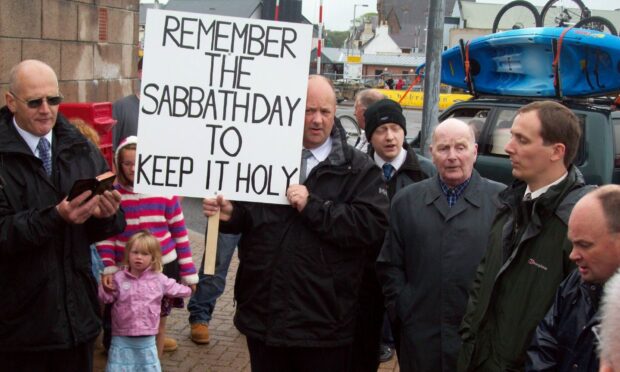
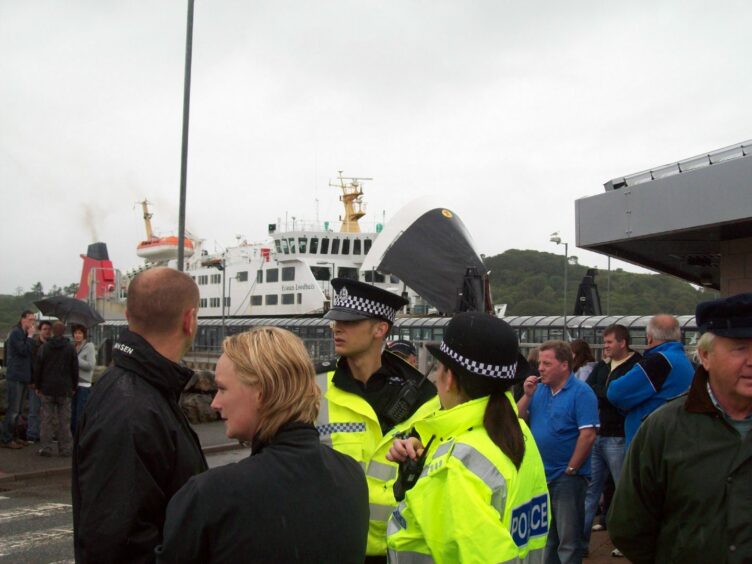
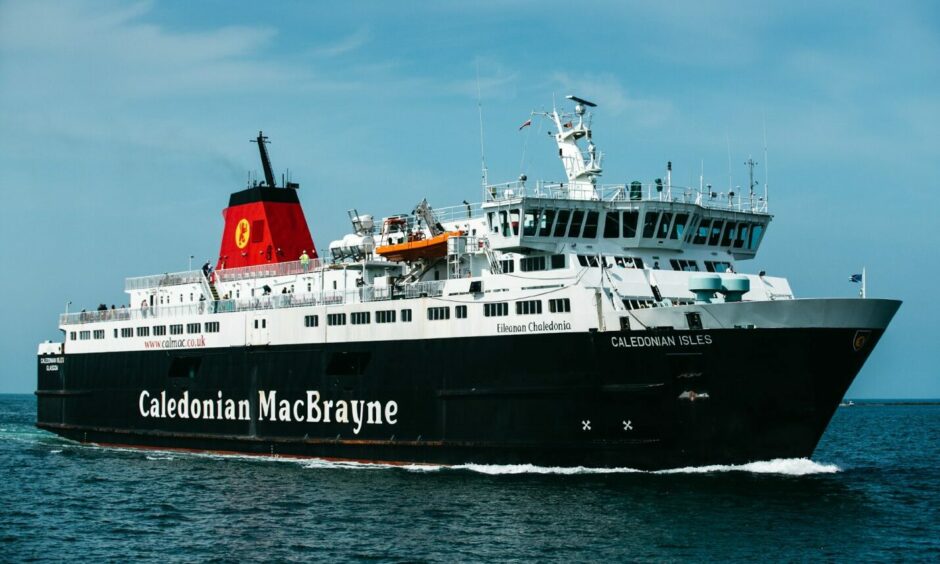
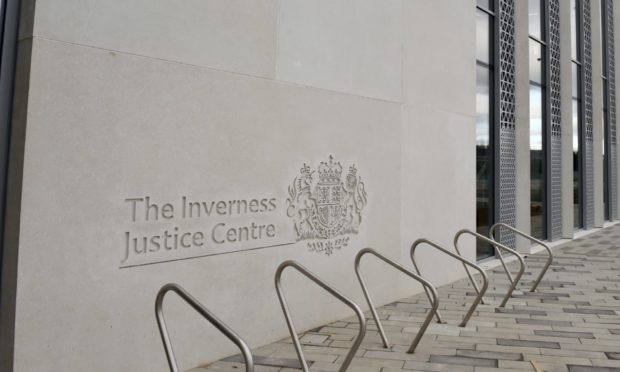
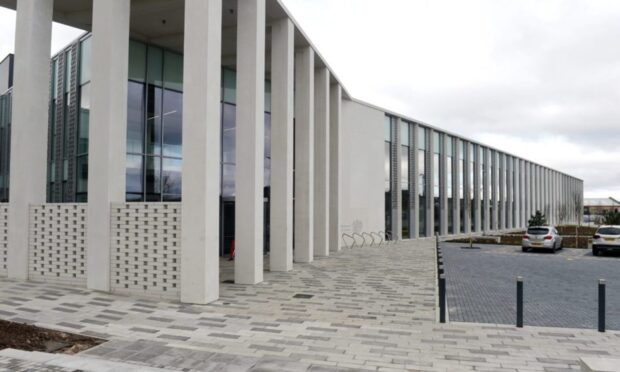
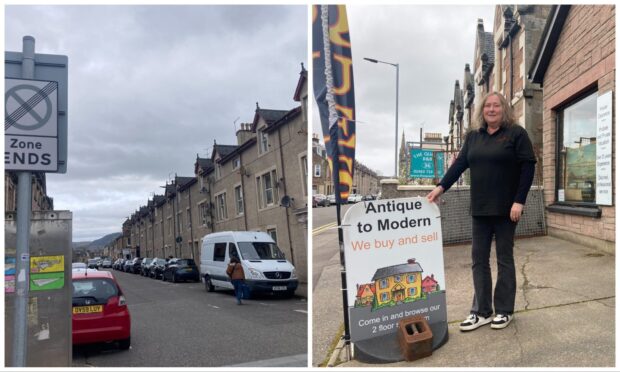

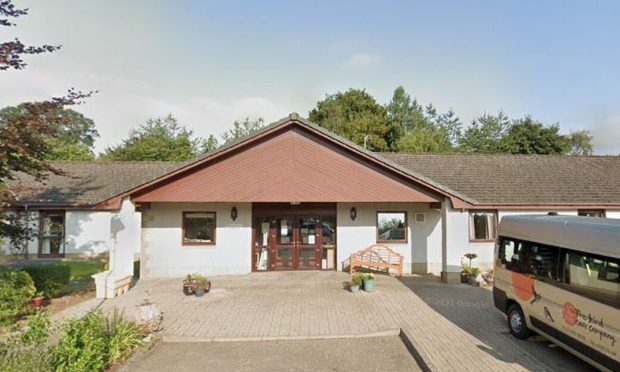

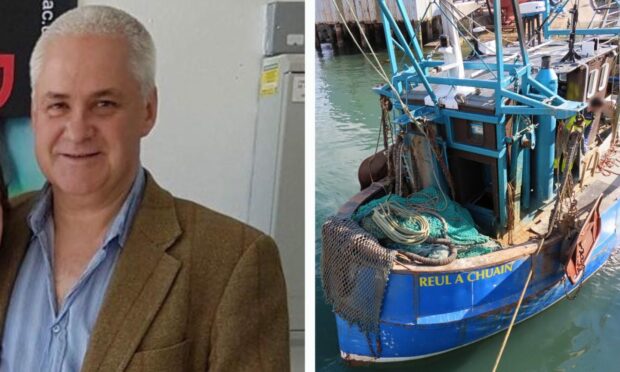

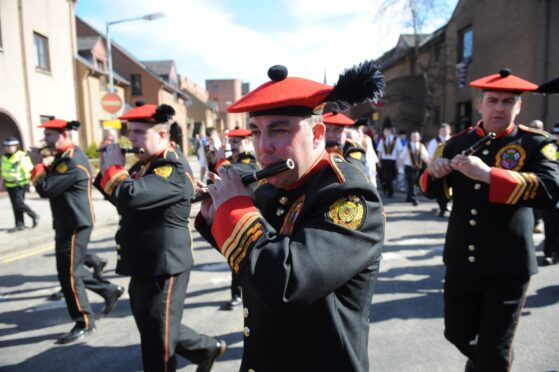

Conversation